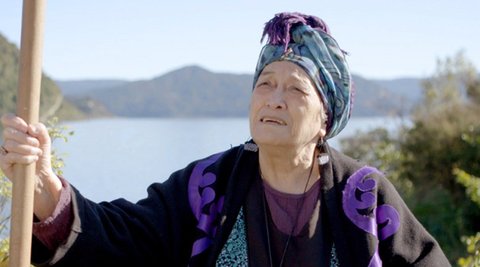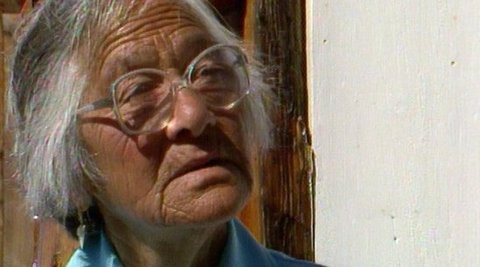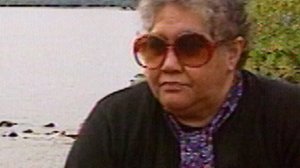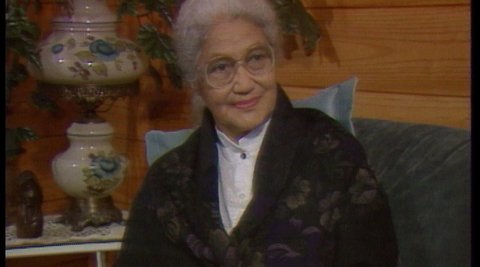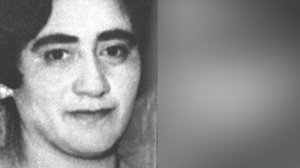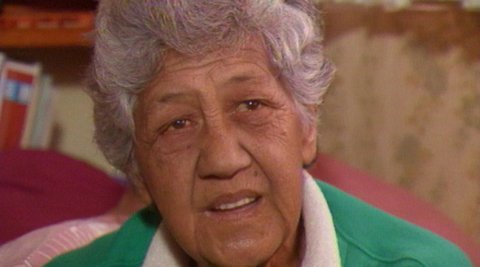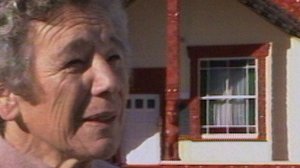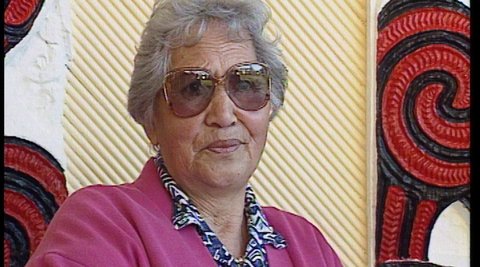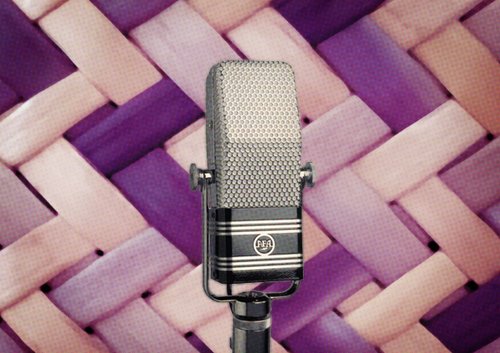
Maioha – Te Reo o te Māreikura is the fourth online audio exhibition by Ngā Taonga Sound and Vision, drawing on the Ngā Taonga Kōrero archive of Māori radio programmes broadcast by Radio New Zealand (RNZ) and its predecessors.
Previous exhibitions include Te Pūtaketanga o Ngā Taonga Kōrero with recordings from the 1938 opening of Tūrongo House at Tūrangawaewae, Te Hokinga Mai o te Rua Tekau mā Waru the return of the 28th Māori Battalion in 1946 and Te Reo Pāpaho celebrating early Māori radio broadcasters.
Maioha is a collection of radio interviews with Māori women, originally broadcast in 1993. It was a project instigated by the Waiatarau Branch of Te Rōpū Wāhine Māori Toko i te Ora, The Māori Women’s Welfare League (MWWL), to mark the International Year for the World's Indigenous Peoples and the centenary of Women’s Suffrage. The featured interviews were conducted mainly in te reo Māori and were drawn from different sources, as well as recorded conversations with several interviewers including Puhi Rangiaho, Tawini Rangihau, Piri Kākā, Hēnare Te Ua and Hemana Waaka for RNZ’s Te Reo o te Pipiwharauroa and He Rerenga Kōrero programmes.
The then branch president of the Waiatarau section of MWWL, Dame Georgina Te Kamiria Kirby, explained the origins and purpose for collecting these conversations in an interview conducted by Hēnare Te Ua in English.
She notes that Maioha supports a book Te Timatanga – Tatau Tatau published by MWWL celebrating early stories from founding members of the Māori Women's Welfare League and also launched in 1993.
Dame Georgina then goes on to discuss better gender representation in parliament and the petition she sent to the house. She also discusses the impact of the suffrage movement in 1893 on Māori women including them signing the temperance petition to abstain from tobacco and alcohol as well as abandoning the bearing of moko kauae.
Further conversation discusses Tino Rangatiratanga, the equality of women’s speaking rights, earlier leaders of MWWL and other topics relevant to the time the recordings were made. (Full interview)
Fifty women were interviewed in total, in the language of their choice with the view to make Māori women more visible through their voices: young and old, well and not so well known. All were women who had made a contribution to international, national and or local communities, in one way or other.
A list of the other 1993 Maioha interviews (in English) can be found on our website.
Please enjoy a selection of these interviews below.
